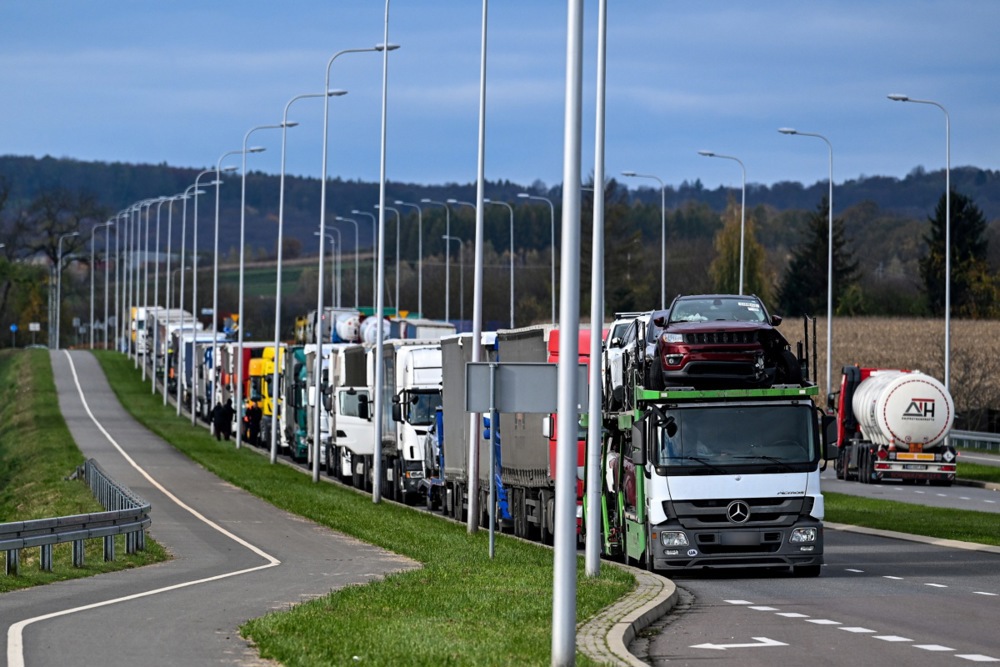The Polish transport, logistics and freight forwarding industry (TLS) faces an escalating crisis, and the situation has deteriorated further. Now, the National Debt Register is reporting increasing debt levels, accompanied by a rise in strikes and layoffs, even in large companies.
This year, both business owners and employees are being warned not to expect any improvement.
Challenges at the eastern border, EU regulations, the Polish Deal and the government’s controversial plans supposedly aimed at improving the TLS sector have led to a surge in bankruptcies and job losses.
Formerly competitive Polish companies, which until recently were leaders or top contenders in Europe, are now struggling. They are increasingly opting for cheaper alternatives offered by carriers from Ukraine. Rising fuel costs, employee maintenance expenses and reduced contracts are exacerbating the dire situation of this crucial sector of the Polish economy. The latest statistics confirm this grim reality.
Wojciech Romaniuk, co-founder of the Association of Polish Transport Ambassadors, sees the situation surrounding transport as deeply concerning.
“Remember, transport is not just about drivers and transport companies. It also involves hundreds of thousands of people in freight forwarding, logistics, truck and trailer manufacturing, and much more. The decline in competitiveness internationally ultimately affects a huge number of people. Strikes are becoming more frequent. Just in July, there was another blockade near Szczecin, and roads in Silesia were blocked twice. More blockades are expected in Lower Silesia. The overall picture is not optimistic,” he said.
The TLS sector accounts for 6-7 percent of Poland’s GDP, making it crucial for the government to ensure its effective and robust operation. Experts have been outlining major problems and suggesting solutions that could alleviate the current difficulties.
“Restoring per diems and allowances for overnight stays in international transport, would certainly help, as would funding for tachograph upgrades, leasing holidays, a six-month deferral of social security payments, or the option of installment payments,” suggested Romaniuk.
“There also needs to be more oversight of foreign businesses by the Road Transport Inspectorate. Without these changes, it will be very difficult to reverse the industry’s decline, and the second half of this year will also likely end unfavorably,” concludes co-founder of the Association of Polish Transport Ambassadors.






